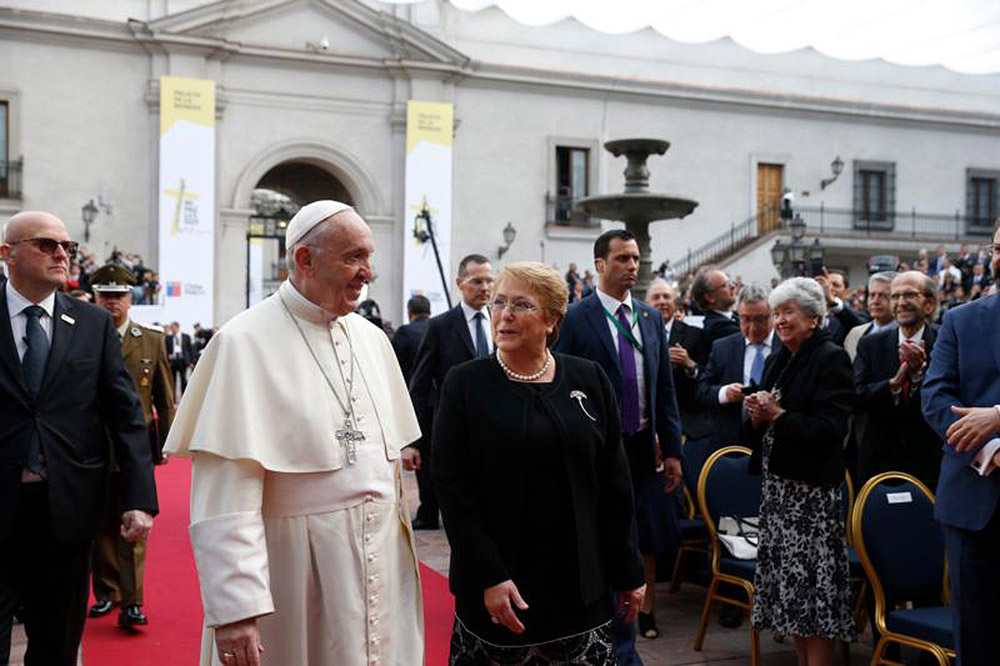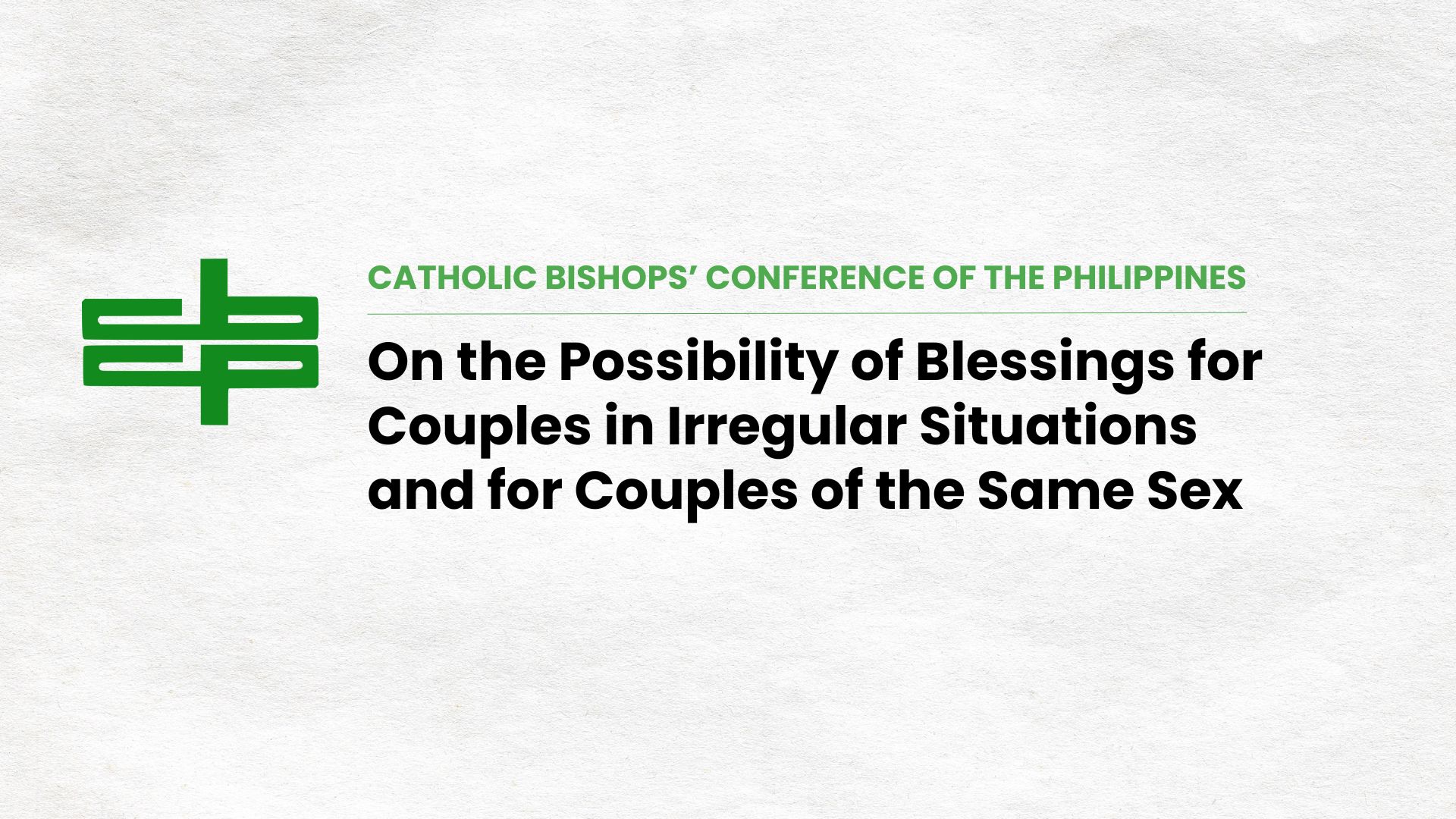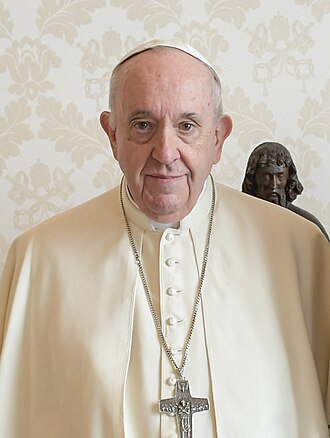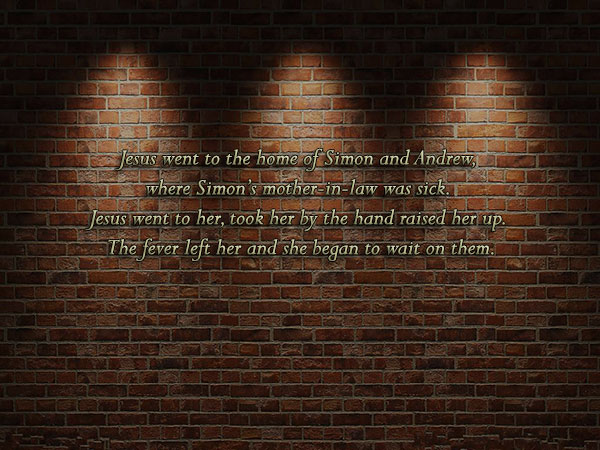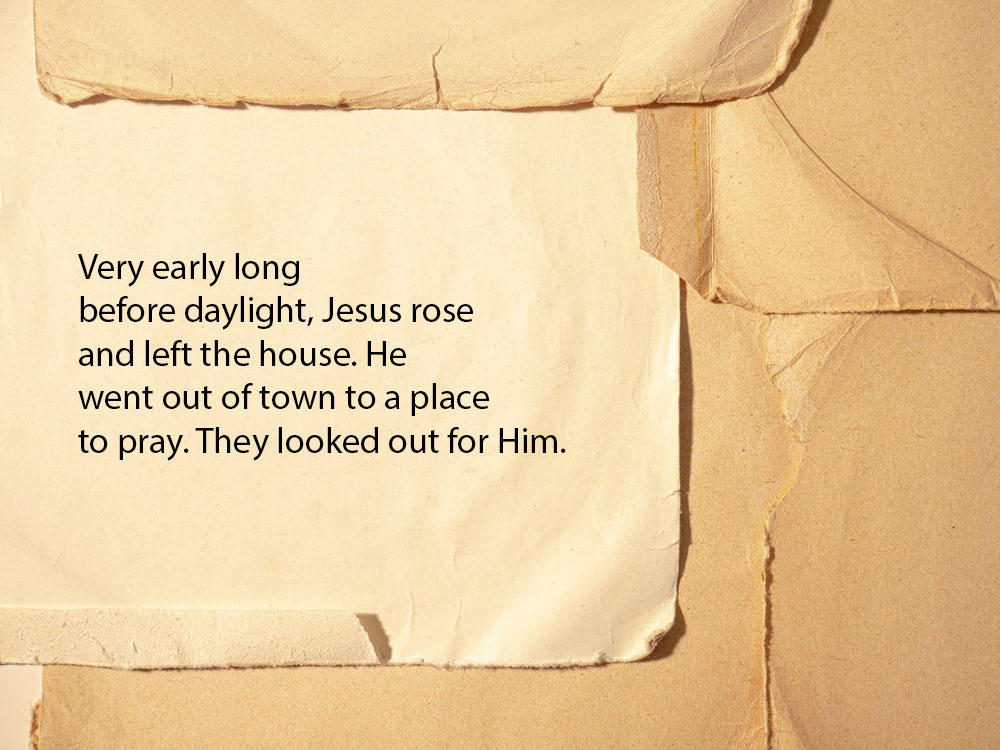
Pope Francis greets an indigenous family at Mass in Temuco, Chile (AFP or licensors)
Pope Francis delivered the homily at Holy Mass in Temuco – the ancestral lands of Chile’s indigenous Mapuche people – inviting all to unity and warning against enforcing it through violence.
By Devin Watkins
In his homily at Mass on Wednesday in Temuco, Pope Francis invited the indigenous peoples of Chile to seek the unity of which Jesus spoke: “That they all be one (Jn 17:21)”.
The Pope spoke about the beauty of the Araucania, thanking God for allowing him to visit it and its people.
“This landscape lifts us up to God, and it is easy to see His hand in every creature. Many generations of men and women have loved this land with fervent gratitude,” he said.
Special greetings to Chile’s indigenous people
Pope Francis paused to greet “in a special way the members of the Mapuche people, as well as the other indigenous peoples who dwell in these southern lands: the Rapanui (from Easter Island), the Aymara, the Quechua and the Atacameños, and many others.”
He said they were celebrating the Eucharist in an atmosphere of thanksgiving but also of “sorrow and pain”.
“We do so in this Maqueue aerodrome, which was the site of grave violations of human rights. We offer this Mass for all those who suffered and died, and for those who daily bear the burden of those many injustices. The sacrifice of Jesus on the cross bears all the sin and pain of our peoples, in order to redeem it.”
‘Unity in uniformity’
Pope Francis went on to warn against the two temptations of “confusing unity with uniformity” and of enforcing unity through violence.
He said, “Jesus does not ask his Father that all may be equal or identical, for unity is not meant to neutralize or silence differences.”
Unity, he said, “is not an idol or the result of forced integration; it is not a harmony bought at the price of leaving some people on the fringes.”
The Holy Father said the unity offered and sought by Jesus is inclusive of all cultures and recognizes their unique contributions “to this land of blessings”.
“Unity is a reconciled diversity, for it will not allow personal or community wrongs to be perpetrated in its name,” he said.
‘Unity through violence’
But Pope Francis said unity is to be built “on esteem and solidarity” and that it cannot “accept any means of attaining it.”
He spoke of two kinds of violence that threaten unity.
“First, we have to be on our guard against coming up with ‘elegant’ agreements that will never be put into practice.”
This type of violence, he said, “frustrates hope”.
Secondly, he insisted that “a culture of mutual esteem may not be based on acts of violence and destruction that end up taking human lives.”
“Violence eventually makes a most just cause into a lie,” he said.
Violence is like lava
Pope Francis said these two temptations to unity through violence are “like the lava of a volcano that wipes out and burns everything in its path, leaving in its wake only barrenness and desolation.”
He said the true path to unity lies in “active non-violence, ‘as a style of politics for peace’”.
Finally, Pope Francis invited the indigenous peoples of Chile to lift up their prayer to the Father with Jesus: “may we too be one; make us artisans of unity.”



